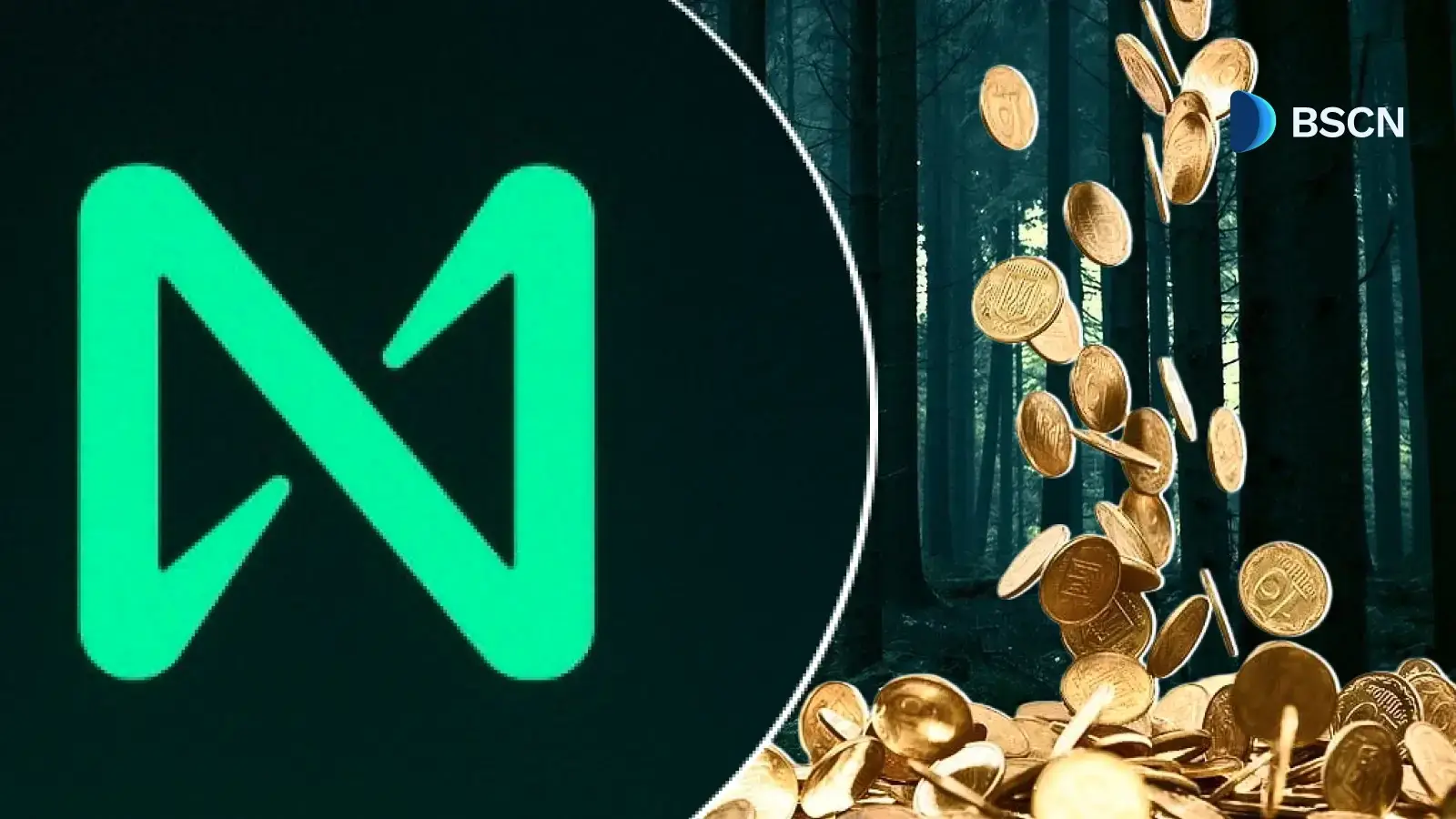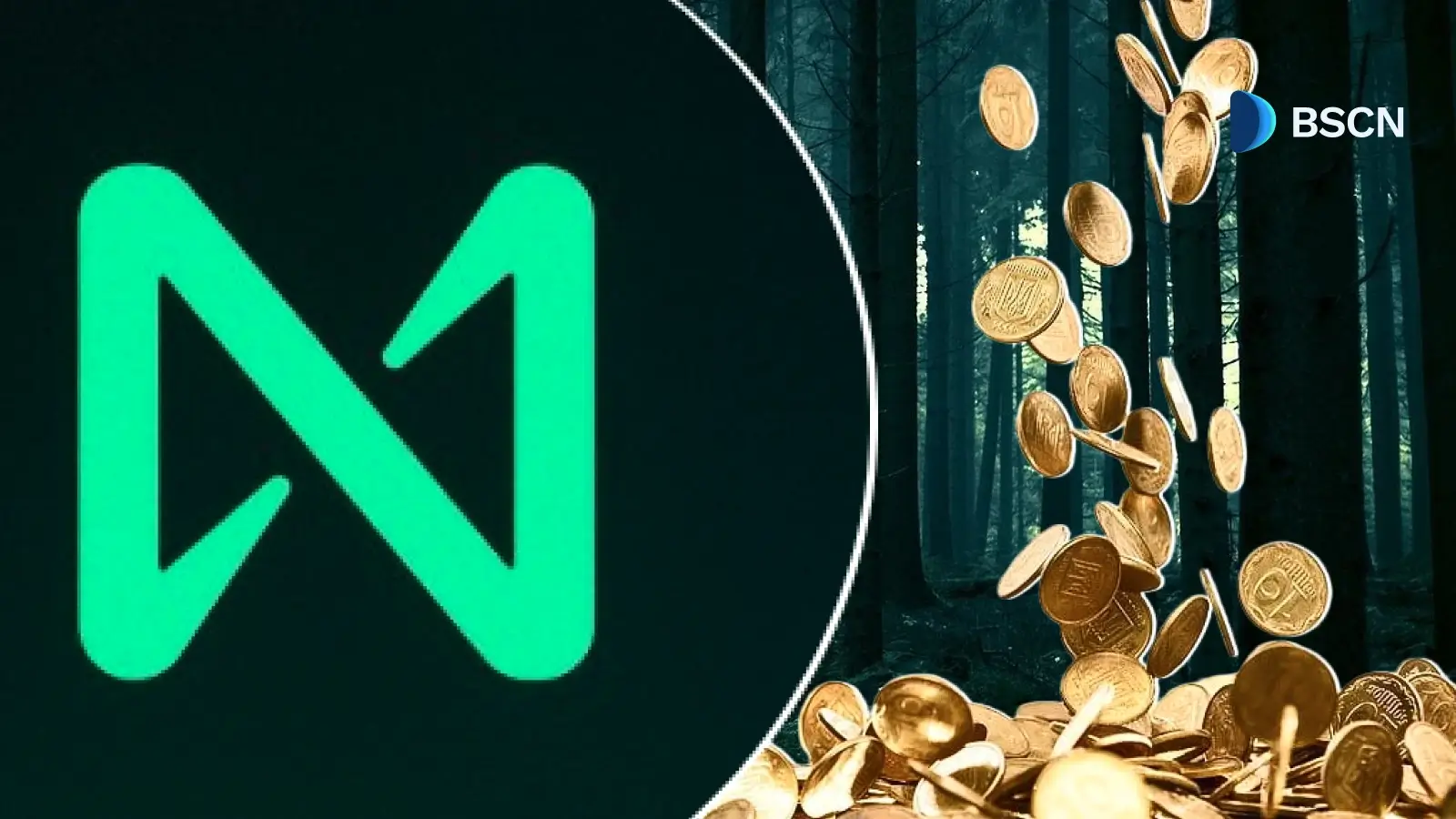India Rejects Full Crypto Regulation Over Financial Risks

India resists comprehensive crypto laws, citing systemic risks and RBI concerns. Government maintains partial oversight while adoption rises nationwide.
Soumen Datta
September 12, 2025
Table of Contents
India will not introduce a full legal framework for cryptocurrencies. According to Reuters, a government document reviewed this month shows that regulators fear systemic risks if digital assets are integrated into the financial system. Instead, India plans to continue partial oversight, applying taxes and limited registration requirements without granting crypto broad legitimacy.
Why India Rejects a Comprehensive Framework
The government argues that regulating cryptocurrencies would give them legitimacy and risk embedding them into the formal economy. Officials believe this could destabilize monetary policy and create vulnerabilities in the banking system.
The Reserve Bank of India (RBI), a long-time critic of crypto, maintains that effective oversight would be nearly impossible. The central bank has warned that speculative assets like Bitcoin and Ethereum could spill into the wider economy, posing risks to payment systems and financial stability.
While an outright ban could theoretically address these dangers, the document acknowledges that peer-to-peer transfers and decentralized exchanges would remain active.
India’s Current Crypto Rules
Even without a full framework, crypto trading is not entirely unregulated in India. Authorities enforce strict measures, including:
- 30% tax on crypto gains and a 1% tax deducted at source on transactions.
- Mandatory registration of global crypto exchanges with the Financial Intelligence Unit (FIU) for anti-money laundering compliance.
- Restrictions on banking access, with most Indian banks avoiding direct relationships with crypto platforms due to central bank pressure.
In late 2023, the FIU ordered restrictions on major foreign exchanges such as Binance, KuCoin, Huobi, and Kraken for failing to register. Binance and KuCoin later returned after meeting compliance requirements.
Despite heavy taxation and regulatory uncertainty, Indians hold about $4.5 billion worth of crypto assets, according to government estimates. Officials stress that this amount is not large enough to threaten financial stability today.
Past Attempts at Regulation
India’s cautious stance has been years in the making.
- In 2021, the government drafted a bill to ban private cryptocurrencies but never introduced it.
- In 2023, during its G20 presidency, India called for a global framework on crypto regulation.
- In 2024, a planned discussion paper on crypto oversight was postponed while officials waited to see how the U.S. would formalize its own rules.
This history highlights a strategy of delay rather than decisive action. Officials continue to weigh the risks of crypto integration against the political and economic costs of a ban.
Concerns About Stablecoins
The government document pays special attention to stablecoins, which are pegged to fiat currencies such as the U.S. dollar.
It warns that widespread use of stablecoins could:
- Weaken national payment systems such as India’s Unified Payments Interface (UPI).
- Increase dollar dependence, since most stablecoins are dollar-backed.
- Cause liquidity strains during market shocks, potentially impacting banks and financial markets.
With the U.S. recently passing the GENIUS Act to regulate stablecoins, Indian regulators believe close monitoring is needed. Officials say the growth of stablecoins abroad could reshape payments and capital flows in emerging economies like India.
How India Compares to Global Trends
India’s resistance stands out at a time when global crypto regulation is accelerating.
- United States: Passed sweeping stablecoin legislation and is debating further rules on market structure.
- China: Maintains a ban on crypto but is testing a digital yuan-backed stablecoin.
- Japan and Australia: Developing frameworks but remain cautious, focusing on oversight rather than promotion.
- European Union: Implemented its Markets in Crypto-Assets (MiCA) regulation to harmonize rules across member states.
India’s stance places it closer to China’s restrictive model than to the U.S. or EU. Yet unlike China, it has stopped short of an outright ban.
The Paradox of Adoption
Despite regulatory skepticism, India leads the world in crypto adoption. Chainalysis ranks India at the top across multiple categories of usage, from retail trading to decentralized finance.
However, industry leaders caution that adoption metrics may exaggerate real-world usage. High levels of interest contrast with a weak formal trading environment, where taxes and restrictions make it difficult for platforms to thrive.
Mithil Thakore, CEO of Velar, described the situation as a “paradoxical crossroads,” where widespread adoption coexists with unclear and restrictive rules.
Institutional and Political Dimensions
The policy debate is not purely technical. Some government officials themselves disclose crypto holdings. Minister Jayant Chaudhary recently reported that his portfolio grew 19% to around $25,500.
Institutional investors, however, remain hesitant. Strict taxes and unclear laws have made India an unattractive base for crypto startups and venture funding.
International bodies such as the IMF, World Bank, and Bank for International Settlements have also raised alarms about volatility, fraud, and the risk of contagion to traditional finance. These warnings reinforce India’s conservative position.
Conclusion
India has chosen a cautious path on cryptocurrency regulation. By avoiding a full framework, the government aims to contain risks without legitimizing speculative assets. Taxes, anti-money laundering rules, and banking restrictions remain the tools of choice.
The approach leaves India out of step with many global peers who are moving toward clearer rules. Yet it reflects persistent fears at the RBI and finance ministry that crypto could undermine financial sovereignty and stability.
For now, India’s crypto ecosystem remains defined by partial oversight, heavy taxation, and widespread but constrained adoption.
Resources:
India resists full crypto framework, fears systemic risks, document shows - report by Reuters: https://www.reuters.com/world/india/india-resists-full-crypto-framework-fears-systemic-risks-document-shows-2025-09-10/
Crypto Adoption Index - report by Chainalysis: https://www.chainalysis.com/blog/2025-global-crypto-adoption-index/
Jayant Chaudhary asset holdings: https://www.pmindia.gov.in/wp-content/uploads/2025/09/Sh_Jayant_Chaudhary_0001.pdf
Read Next...
Frequently Asked Questions
Why is India resisting a full crypto framework?
India fears that comprehensive regulation would legitimize crypto and embed it into the financial system, creating systemic risks that are hard to control.
Does India allow crypto trading?
Yes. Trading is allowed but subject to high taxes and compliance requirements. Global exchanges must register locally, and banks avoid direct ties with crypto firms.
How much crypto do Indians hold?
Government data estimates about $4.5 billion in crypto assets are held by Indian investors. Officials say this is not yet a threat to financial stability.
Disclaimer
Disclaimer: The views expressed in this article do not necessarily represent the views of BSCN. The information provided in this article is for educational and entertainment purposes only and should not be construed as investment advice, or advice of any kind. BSCN assumes no responsibility for any investment decisions made based on the information provided in this article. If you believe that the article should be amended, please reach out to the BSCN team by emailing [email protected].
Author
 Soumen Datta
Soumen DattaSoumen has been a crypto researcher since 2020 and holds a master’s in Physics. His writing and research has been published by publications such as CryptoSlate and DailyCoin, as well as BSCN. His areas of focus include Bitcoin, DeFi, and high-potential altcoins like Ethereum, Solana, XRP, and Chainlink. He combines analytical depth with journalistic clarity to deliver insights for both newcomers and seasoned crypto readers.
Crypto Project & Token Reviews
Project & Token Reviews
Comprehensive reviews of crypto's most interesting projects and assets
Learn about the hottest projects & tokens

















